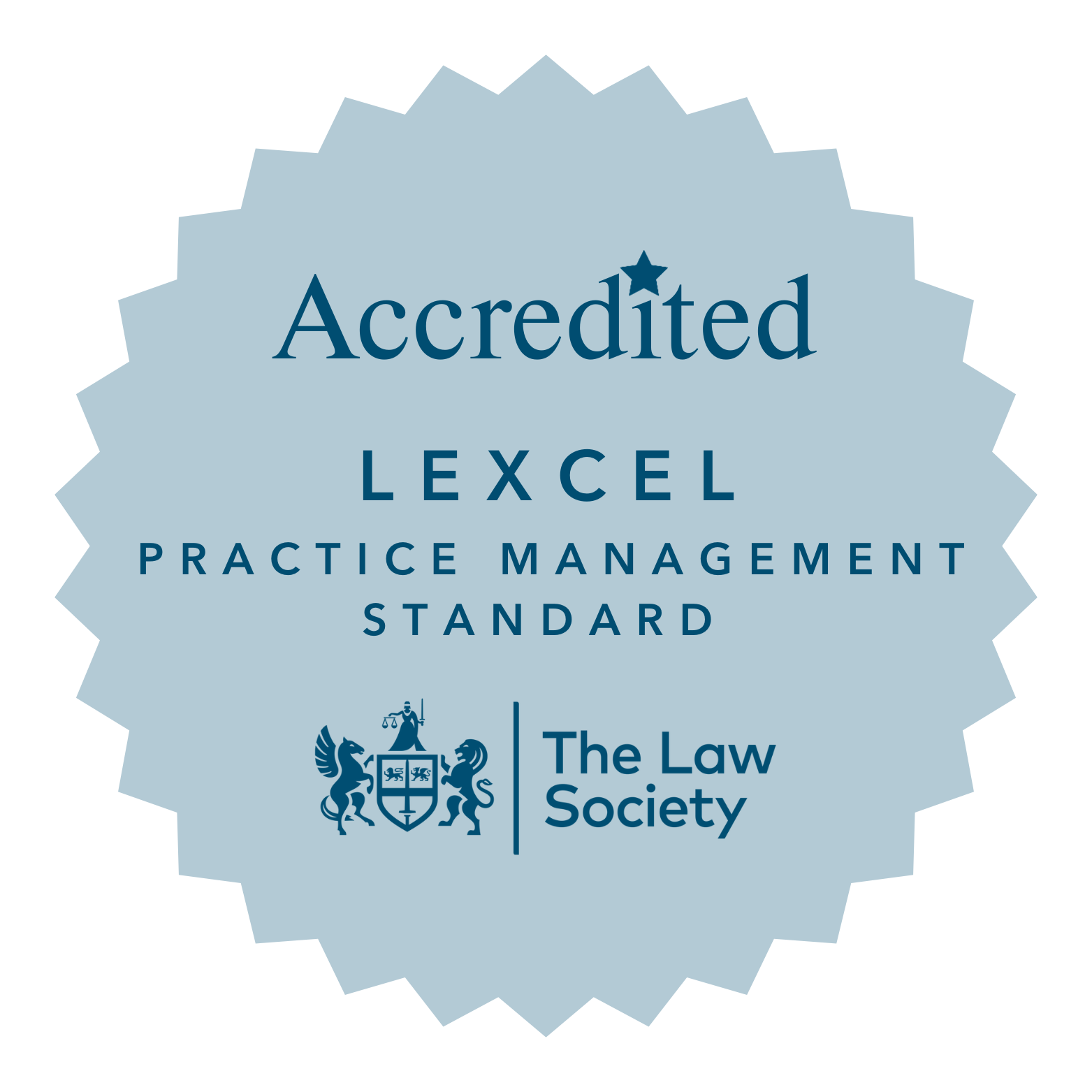Insights
Navigating Privacy and Press Rights in Court of Protection Cases

Navigating Privacy and Press Rights in Court of Protection Cases
In a world where information is at our fingertips, the balance between privacy and freedom of expression often finds itself at the heart of legal matters. This article highlights the difficult issues with which the Court of Protection team at CJCH are instructed to advise upon and grapple with daily.
Sarah Newport was instructed on behalf of MC in a case that underscores such dilemmas, focusing on the interplay between Articles 8 and 10 of the European Convention on Human Rights and the role of the Court of Protection.
The case gives insight into the intricate dynamics of safeguarding individual privacy versus upholding the rights of the press. This analysis also highlights the protective responsibilities of the Court of Protection, considering the poignant case involving the BBC and an individual identified as MC. The case report can be found here: https://www.bailii.org/ew/cases/EWCOP/2024/50.html
What was the issue before the Court of Protection?
The case concerned an application by the BBC to include MC’s circumstances in a documentary. The central theme was the lack of appropriate treatment and resources in South Wales for individuals with complex needs. MC’s mother emphasised the necessity of public awareness, stating that untold stories lead to stagnation in improving resource accessibility. This case exemplifies how transparency orders and the Court of Protection play crucial roles in mediating between personal privacy and public interest.
Understanding Articles 8 and 10
Article 8 – The Right to Privacy
Article 8 of the European Convention on Human Rights ensures the right to respect for private and family life. It is a fundamental protection afforded to individuals, particularly vulnerable adults like MC, whose mental capacity limits their ability to consent to the dissemination of personal information. The protection here is twofold—safeguarding personal dignity and preventing undue intrusion into private matters.
Article 10 – The Right to Freedom of Expression
Conversely, Article 10 upholds freedom of expression, a pillar of democratic society that includes the right to receive and impart information. This right is not absolute and must be exercised responsibly, especially when it intersects with privacy rights. The press exercises this freedom when they aim to highlight societal issues, as was the BBC’s intention in this case.
The Court of Protection’s Role
Balancing Rights with Responsibilities
The Court of Protection is tasked with balancing these competing rights. This court, which deals primarily with individuals who lack mental capacity, must weigh the need for privacy against the public’s right to be informed. In MC’s case, the court had to consider whether allowing his story to be told served the greater good without compromising his well-being.
MC’s clinicians expressed concerns about the potential adverse impact on his life if his circumstances were publicised. The court’s decision reflects its protective responsibility—ensuring that MC’s rights under Article 8 were not overshadowed by the press’s freedoms under Article 10.
The Judgment
A Delicate Decision
The court’s decision in this case was to refuse the BBC’s application. This decision was not made lightly and involved a detailed examination of the potential repercussions for MC. The court acknowledged the importance of media in bringing issues to light but concluded that MC’s right to privacy and protection from harm took precedence.
Implications for Future Cases
This ruling provides a framework for future cases where similar rights are in contention. It underscores the need for a nuanced approach that considers individual circumstances while respecting the broader societal role of the media.
The Broader Context
Public Interest vs. Personal Privacy
This case raises important questions about what constitutes public interest. While the BBC aimed to highlight systemic issues in healthcare, the court had to ensure that such efforts did not come at the cost of individual privacy. This ongoing debate will continue to shape the court’s decision making and the remit of transparency orders.
The Role of Mental Health Professionals and Independent Advocates
Mental health professionals and advocates play a crucial role in these scenarios, providing expertise on the potential impacts of media exposure on vulnerable individuals. Their input is essential in guiding legal decisions that affect those unable to advocate for themselves.
This case illustrates the delicate balance between privacy and freedom of expression, highlighting the Court of Protection’s crucial role in mediating these rights. For lawyers, advocates, and mental health professionals, understanding this interplay is vital as they work to protect individual rights while acknowledging the press’s role in democratic society. This case serves as a reminder of the responsibilities held by all parties when handling sensitive personal information in the pursuit of public awareness.
For further exploration and detailed analysis, legal professionals are encouraged to review the full court documentation and related case law to better understand the evolving landscape of privacy and transparency within the legal framework.





